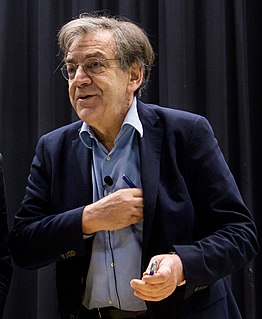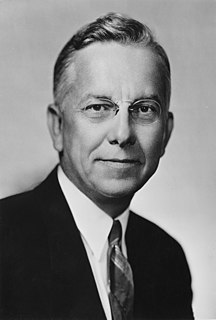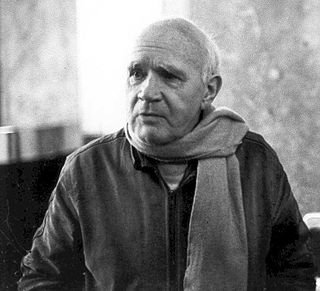A Quote by Albert Schweitzer
To the man who is truly ethical all life is sacred, including that which from the human point of view seems lower in the scale. He makes distinctions only as each case comes before him, and under the pressure of necessity, as, for example, when it falls to him to decide which of two lives he must sacrifice in order to preserve the other. But all through this series of decisions he is conscious of acting on subjective grounds and arbitrarily, and knows that he bears the responsibility for the life which is sacrificed.
Quote Topics
Acting
Bears
Before
Case
Conscious
Decide
Decisions
Distinctions
Each
Ethical
Example
Falls
For Example
Grounds
He Man
Him
Human
Including
Knows
Life
Life Is
Lives
Lower
Makes
Man
Must
Necessity
Only
Order
Other
Point
Point Of View
Preserve
Pressure
Responsibility
Sacred
Sacrifice
Sacrificed
Scale
Seems
Series
Subjective
Through
Truly
Two
Two Lives
View
Which
Related Quotes
To be under pressure is inescapable. Pressure takes place through all the world; war, siege, the worries of state. We all know men who grumble under these pressures and complain. They are cowards. They lack splendour. But there is another sort of man who is under the same pressure but does not complain, for it is the friction which polishes him. It is the pressure which refines and makes him noble
Each man is contained and constrained, on entering social life, to fit his own life in, just as he fits his words and thoughts into a language that was formed without and before him and which is impervious to his power. Entering the game, as it were, whether of belonging to a nation or of using a language, a man enters arrangements which it does not fall to him to determine, but only to learn and respect the rules.
The responsibility which rests upon man is proportional to the ability which he possesses and the opportunity which he faces. Perhaps that responsibility is no greater for him than was that of Notharctus or Eohippus or a trilobite, each in his own day, but because of man's unique abilities it is the greatest responsibility that has ever rested upon any of the earth's offspring.
My conception of the audience is of a public each member of which is carrying about with him what he thinks is an anxiety, or a hope, or a preoccupation which is his alone and isolates him from mankind and in this respect at least the function of a play is to reveal him to himself so that he may touch others by virtue of the revelation of his mutuality with them. If only for this reason I regard the theater as a serious business, one that makes or should make man more human, which is to say, less alone.
A Heavenly Master governs all the world as Sovereign of the universe. We are astonished at Him by reason of His perfection, we honor Him and fall down before Him because of His unlimited power. From blind physical necessity, which is always and everywhere the same, no variety adhering to time and place could evolve, and all variety of created objects which represent order and life in the universe could happen only by the willful reasoning of its original Creator, Whom I call the Lord God.
Time will prolong time, and life will serve life. In this field that is both limited and bulging with possibilities, everything to himself, except his lucidity, seems unforeseeable to him. What rule, then, could emanate from that unreasonable order? The only truth that might seem instructive to him is not formal: it comes to life and unfolds in men. The absurd mind cannot so much expect ethical rules at the end of its reasoning as, rather, illustrations and the breath of human lives.
The lives of individuals of the human race form a constant plot, in which every attempt to isolate one piece of living that has a meaning separate from the rest-for example, the meeting of two people, which will become decisive for both-must bear in mind that each of the two brings with himself a texture of events, environments, other people, and that from the meeting, in turn, other stories will be derived which will break off from their common story.
No, nothing is sacred. And even if there were to be something called sacred, we mere primates wouldn't be able to decide which book or which idol or which city was the truly holy one. Thus, the only thing that should be upheld at all costs and without qualification is the right of free expression, because if that goes, then so do all other claims of right as well.





































